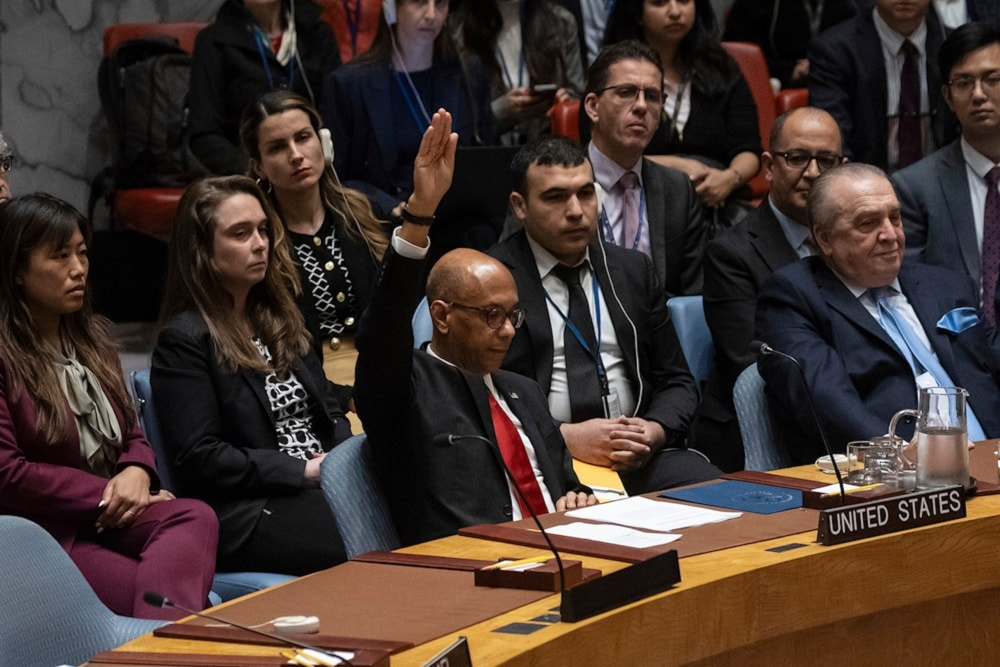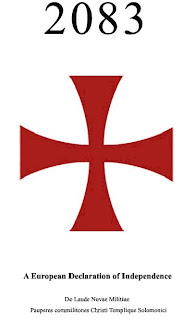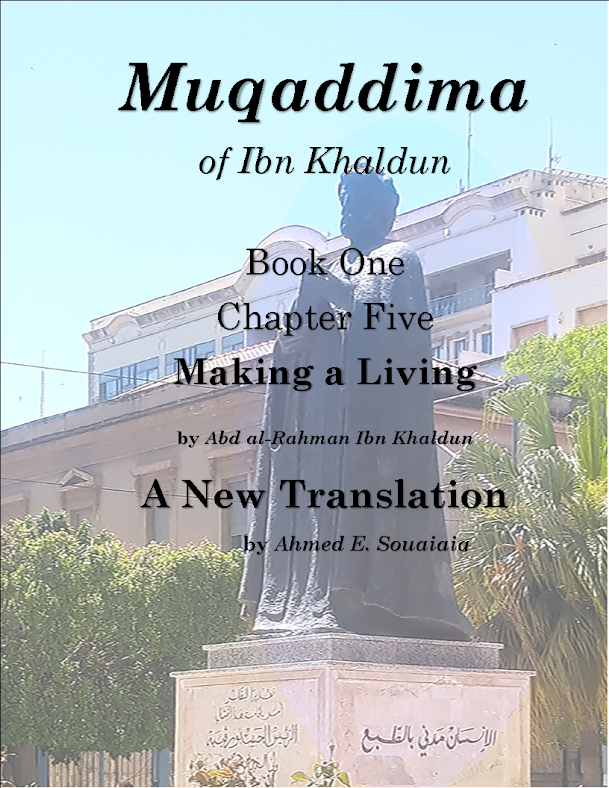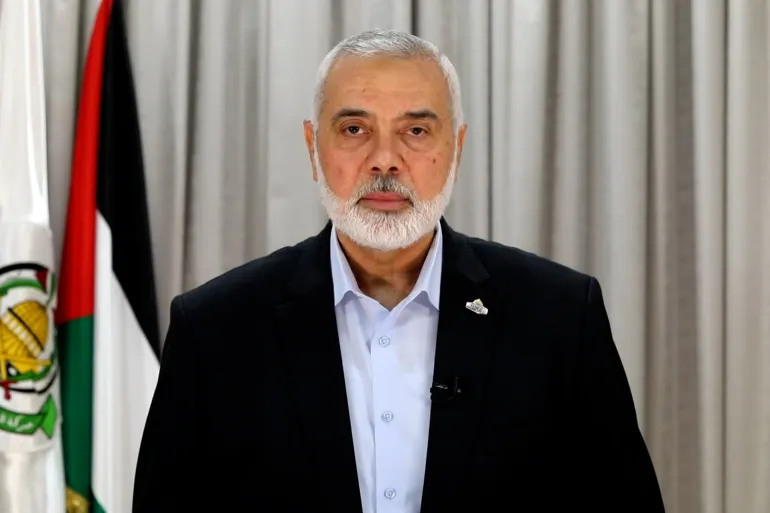
USA, alone, again, voting against a resolution that would have recognized Palestine as full member of the UN
The representative of Palestine was giving his moving speech, before voting on a resolution that opens the door to granting the State of Palestine full membership in the United Nations. During his speech, Mansour said, “Our Palestinian people have not lost their humanity yet. Our people in Gaza are searching for the remains of life. Gaza is pride, Gaza is dignity,” and here he was overcome with tears, so he remained silent for a while.
Then he continued, saying, “The Palestinian people, in all
centers of their existence, want life and cling to it like all other peoples on
earth.” Here, the session chairwoman began wiping her tears with her hand and nodded her head to
confirm her support for Riyad Mansour’s words and her support for the demands of the
Palestinian people.
Mansour concluded his intervention by saying, “Our
Palestinian people yearn for freedom and a decent life. They will not disappear
and will not disappear. They have never been redundant, so either do justice to
them or blow them up.” [inSifuh aw-ansifuh]. Reacting to the speech, the president
of the UNSC was shown clearing tearing and shaking her head.
Meanwhile, after the speech, the US representative voted to
deny Palestine its wish to join the community of nations, with full membership
in the UN.
Washington used its veto power to prevent the issuance of
the resolution, and the session chairperson said that 12 countries voted to
adopt the draft resolution, while two countries abstained from voting, and one
country opposed. She added, “The draft resolution was not adopted due to the
presence of a negative vote issued by a permanent member of the Security
Council,” referring to the United States.
Palestinian Presidency: Washington’s policy encourages a war of extermination against us
For its part, the Palestinian presidency condemned the United States' use of its veto power to prevent Palestine from obtaining full membership in the United Nations, describing the behavior as "an assault that pushes the Middle East toward the abyss."
Reacting to the US veto, Palestinian, and some other countries, expressed anger, disappointment.
The office of Palestinian President Mahmoud Abbas said in a statement that the American policy “represents a blatant assault on international law and an encouragement to continue the genocidal war against the Palestinian people, which pushes the region more than ever before to the brink of abyss.”
The statement added that the “veto” in the Security Council “reveals the contradictions of American policy,” noting that it claims to “support the two-state solution to the Israeli-Palestinian conflict,” but at the same time it “prevents the implementation of this solution.”
The Palestinian presidency's statement stressed that "the world is united behind the values of truth, justice, freedom and peace that the Palestinian cause represents."
Russia: A desperate attempt to change the course of history
In his speech, after voting on the resolution, Russia's Permanent Representative to the United Nations, Vasily Nebenzia, said that the United States used its veto power against the proposed resolution regarding full membership of Palestine in the organization, "in a desperate attempt to change the inevitable course of history."
Nebenzia stressed that the results of the vote in the Council “speak for themselves, as Washington was practically in complete isolation,” saying that history “will not forgive the United States for its actions,” stressing that “it is shameful for the United States to face this challenge to the international will.”
China's permanent representative to the Security Council, Fu Song, said, “The failure of this measure represents a sad day,” and he also described the American “veto” as “extremely disappointing.”
Among the positions supporting Palestine, Ireland's Foreign Minister, Michael Martin, expressed his feeling of "disappointment with the result of the vote," affirming his country's support for Palestine's membership in the United Nations, and saying that "the time has come for it to take its rightful place among the countries of the world."
Deputy Permanent Representative of France to the United Nations, Nathalie Broadhurst, said that her country supported the draft resolution, thanking Algeria for proposing the resolution, and explaining that her country supports raising Palestine’s status in the United Nations and accepting it as a full member.

































































